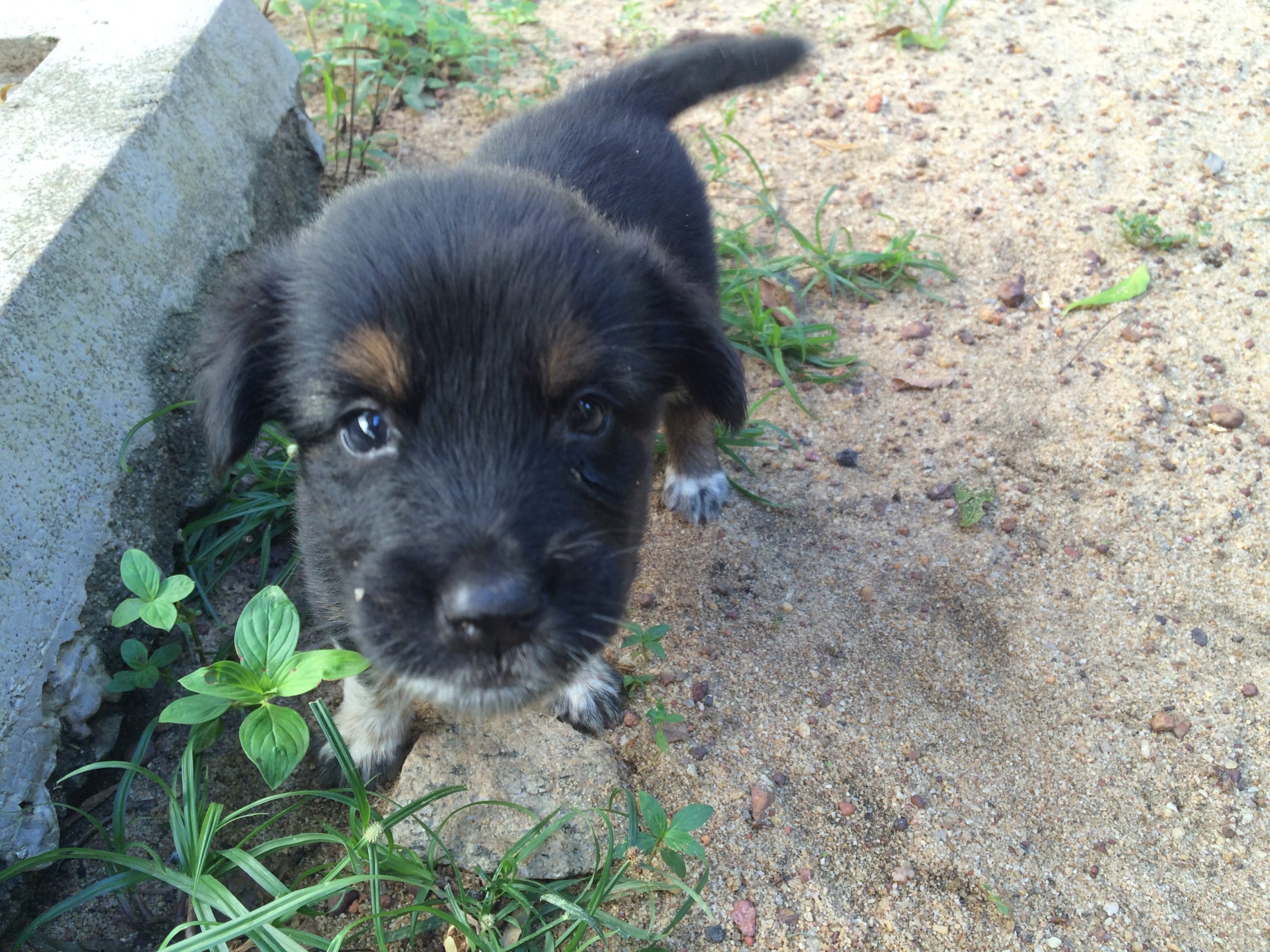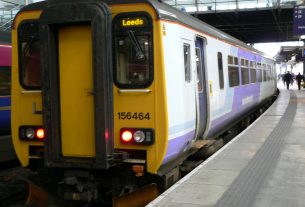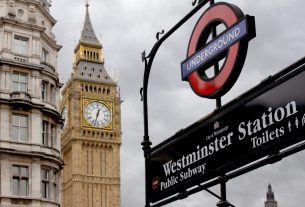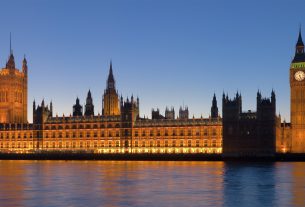Voters are finally able to cast their ballots following the most extraordinary general election campaign in history with polling stations open – and reporting restrictions in place.
It is the UK’s third general election in under five years and more than 3000 candidates are fighting for 650 seats in the first December poll since 1923.
Reporting restrictions – to “help secure the integrity of the democratic process” – are in place until voting stations close at 10pm, preventing broadcasters from covering election issues and stopping other media outlets reporting on how people have voted or engaging in predictions.
The rules are designed to keep the fight for votes fair by ensuring any party or candidate does not get an advantage from coverage on polling day. These are on top of the special restrictions that apply throughout an election period – which begins when the dissolution of Parliament is announced and ends when voting closes – and on top of rules regarding general impartiality and fair, balanced coverage and reporting.
Newspapers have far fewer restrictions than broadcasters but the 1983 Representation of the people Act makes it a criminal offence to publish an opinion, exit poll or prediction before voting finishes to ensure those who are yet to cast their vote are not affected and influenced by such reports.
#dogsatpollingstations ‘walkies’ means ‘selfies’
The rules for broadcasters – from community radio stations right through to the BBC, Sky, Channel 4 and ITV – drastically limits their coverage to scenes of party leaders entering polling stations and thereby provides them with the perfect opportunity to indulge in covering a rather recent British voting tradition – #dogsatpollingstations.
Boris Johnson, Nicola Sturgeon and Sadiq Khan were among a number of high profile politicians joining thousands of ‘normal’ voters posting “selfies with their pooches” on morning “walkies” to polling stations on social media.
PM breaks from tradition
Johnson was pictured with his dog Dilyn (and two minders) as the prime minister broke from tradition and voted in the Cities of London and Westminster constituency instead of his own Uxbridge constituency – which has been targeted by Labour.
Dilyn accompanied the PM to the polling station in what is informally called the Two Cities constituency where Johnson’s official residence lies. It has been held by the Conservatives since 1874 and is the home of many bankers and solicitors. It also includes Buckingham Palace, though as monarch, the Queen is not allowed to vote. In the 2016 referendum, the Cities of London and Westminster voted to remain in the EU by 72%-28%.
Labour leader Jeremy Corbyn voted in his Islington constituency in North London while Liberal Democrats leader Jo Swinson and the Scottish National Party’s head Nicola Sturgeon cast their ballots in their Glasgow constituencies.
Voting stations are open until 10pm – when the first exit polls will be announced and the brief media hiatus will abruptly end as myriad political pundits, reporters, analysts, statisticians and former MPs join TV and radio presenters to speculate and predict the future until the early hours of Friday 13th, when the final result emerges.
Motherwell – controlled explosion of suspicious device
A polling station was moved in Motherwell, North Lanarkshire after the discovery of a suspicious device. A controlled explosion was carried out on the device which was found to be not viable. Police have arrested a 48-year-old man.




